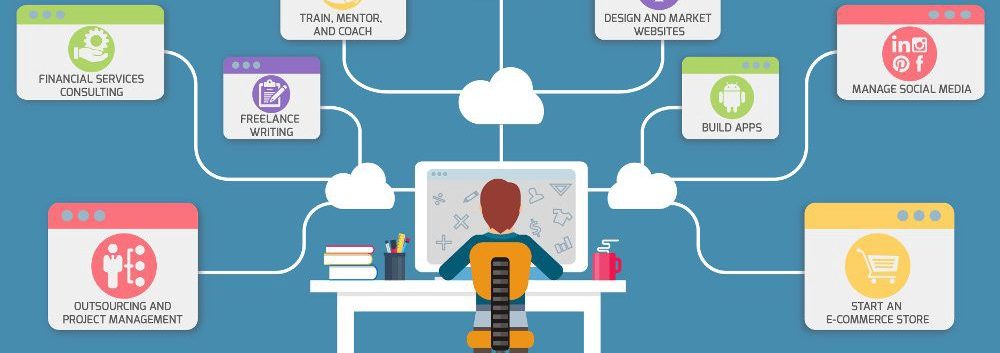In recent years, the rise of social media has significantly transformed the landscape of e-commerce, revolutionizing the way businesses interact with customers and drive growth. With billions of active users across various platforms, social media has become a powerful tool for e-commerce businesses to increase their reach, engage with customers, and drive sales. Here’s a closer look at the impact of social media on e-commerce growth and customer engagement:
1. Expanded Reach and Brand Awareness
Social media platforms such as Facebook, Instagram, Twitter, and Pinterest offer e-commerce businesses a global stage to showcase their products and connect with a vast audience. By creating compelling content and targeted ads, businesses can significantly expand their reach and increase brand awareness. Through the viral nature of social media, businesses have the potential to reach new customers and build a loyal following, ultimately driving e-commerce growth.
2. Enhanced Customer Engagement
Engaging with customers has never been easier, thanks to social media. E-commerce businesses can interact with their audience in real time, respond to inquiries, and gather valuable feedback. By actively engaging with customers through comments, direct messages, and live chats, businesses can build trust, foster relationships, and create a personalized shopping experience that leads to higher customer satisfaction and increased loyalty.
3. Influencer Marketing and User-Generated Content
Social media platforms have given rise to the phenomenon of influencer marketing, where businesses collaborate with influential individuals to promote their products to a wider audience. This form of marketing can significantly impact e-commerce growth by leveraging the trust and authority that influencers have built with their followers. Additionally, user-generated content, such as customer reviews and testimonials, can serve as powerful social proof, influencing purchasing decisions and driving e-commerce sales.
4. Data-driven Insights and Targeted Advertising
Social media platforms provide invaluable data and insights that e-commerce businesses can use to refine their marketing strategies. Through analytics tools, businesses can gain deep insights into customer behavior, preferences, and demographic information. These insights enable businesses to create targeted advertising campaigns that reach the right audience with the right message, ultimately driving higher conversion rates and e-commerce growth.
5. Seamless Shopping Experience and Social Commerce
With the emergence of social commerce features, such as shoppable posts and integrated payment options, social media platforms have become an integral part of the online shopping experience. E-commerce businesses can now seamlessly showcase products within social media feeds, allowing users to discover, explore, and make purchases without leaving the platform. This integrated approach to e-commerce and social media has the potential to drive significant sales growth and enhance customer engagement.
The impact of social media on e-commerce growth and customer engagement cannot be overstated. By leveraging social media effectively, e-commerce businesses can expand their reach, engage with customers on a personal level, and drive sales through targeted marketing and seamless shopping experiences. As social media continues to evolve, businesses that embrace its potential will undoubtedly position themselves for sustained e-commerce growth and customer satisfaction.





